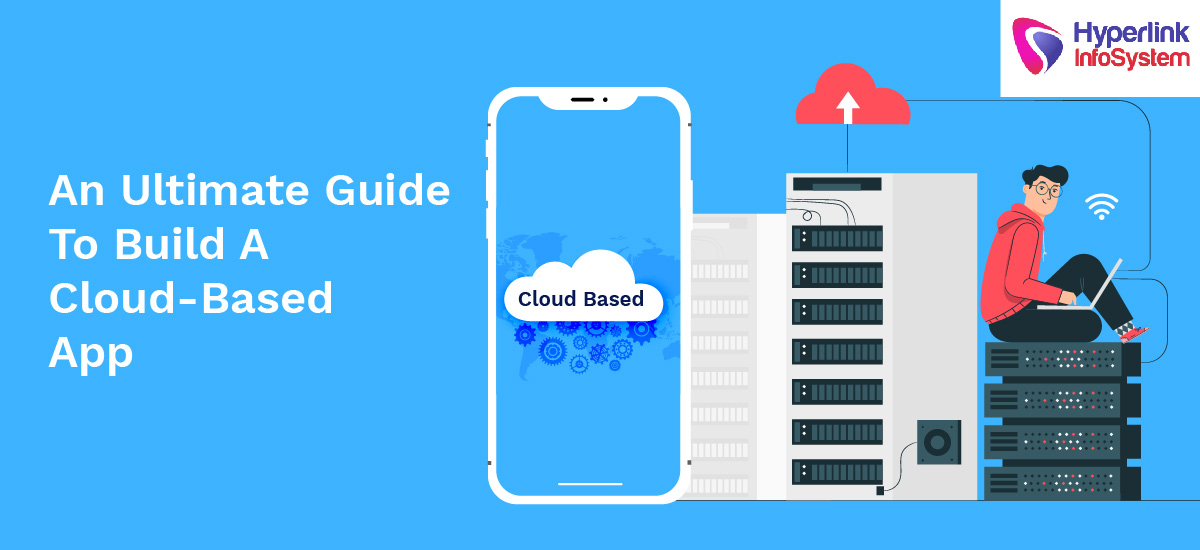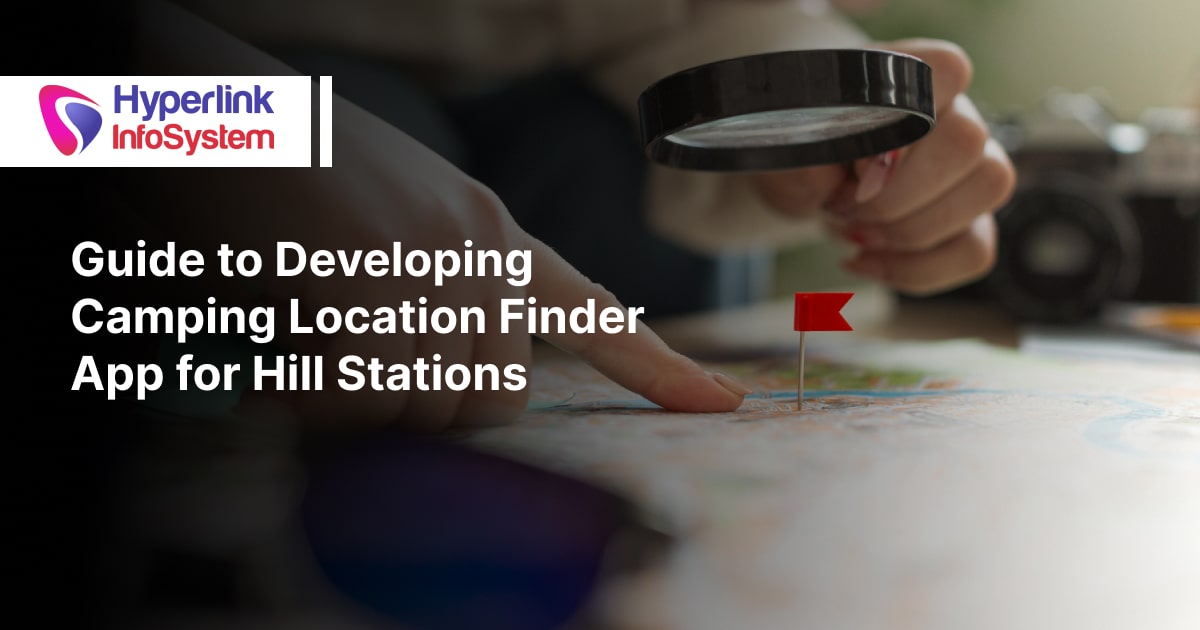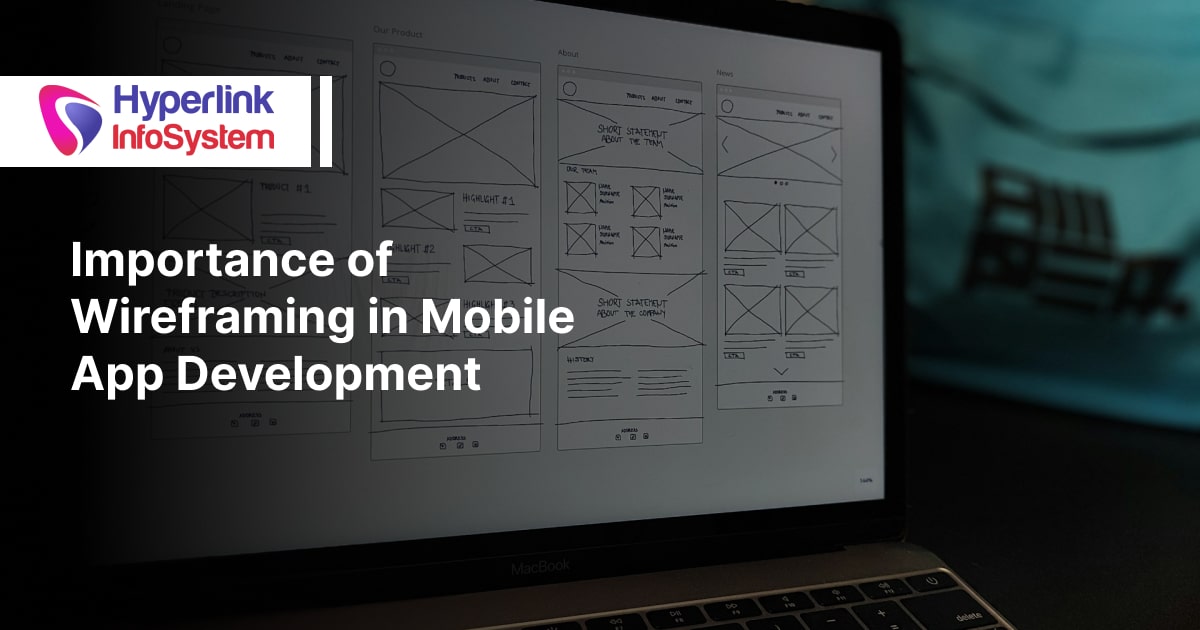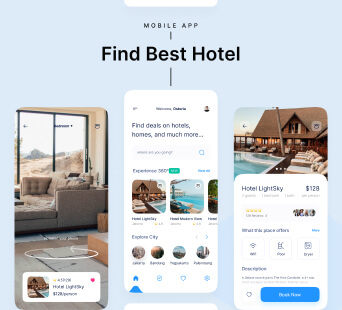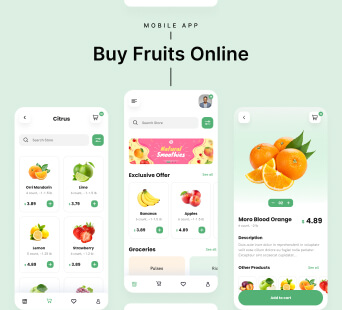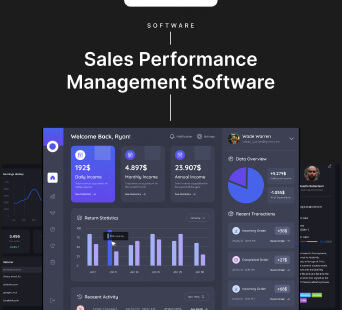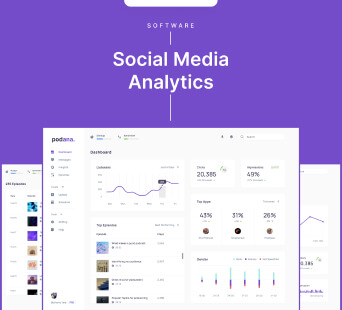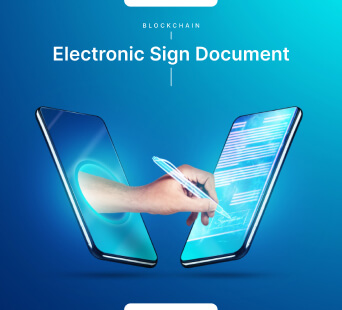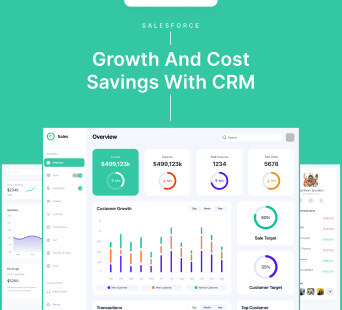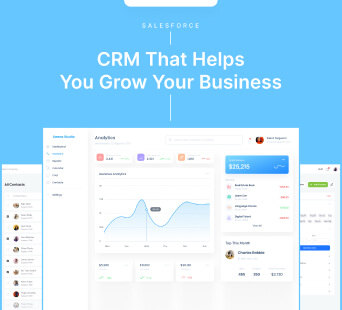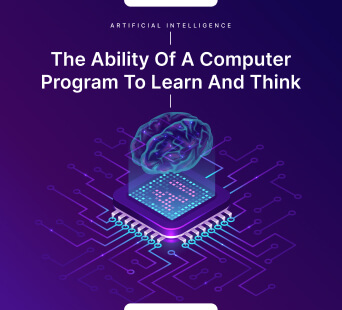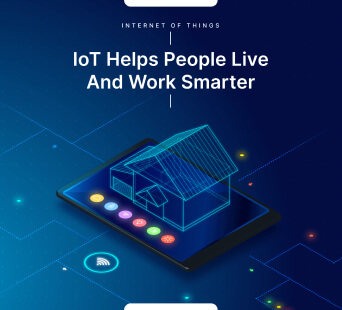Cloud-based mobile apps have become a significant part of the mobile app industry. The companies have rapidly shifted from the traditional ways of data management to modern methods through cloud computing. This has been tremendously beneficial for not only app developers but also mobile app users. Cloud computing helps in data optimization, versatility, cost-effectiveness, and adaptability.
Define Cloud-based App
A cloud-based app is a software app that is deployed in a cloud environment. Every app has a UI and a back-end. In common apps, data & business logic are processed by a mobile phone and a computer processor. In cloud apps, these tasks are conducted by a remote server. Cloud app development is helpful as most data is located on a remote server.
Attributes Of Cloud-based Apps
- App data is stored in cloud infrastructure, so there are few devices that need to run cloud apps.
- You can save data locally so an app can work offline. As soon as the gadget is back online, the app will naturally sync with the cloud.
- Users can use a cloud-based app from any web-connected device like smartphone, laptop, or tablet. All the details are saved in the cloud, so users can pick up where they left off.
Stepwise Cloud-based App Development Process
Building a cloud app is different from building a mobile or web app. A mobile app development team develops a cloud solution by counting on your chosen service provider. AWS (Amazon Web Services) is possibly the best & most trustworthy solution in the market now. It provides a number of great tools & features for building cloud apps.
Step 1: Research Your App's Target Audience
While building a cloud-based mobile app, you must first consider the target audience. Knowing your user's needs makes development easier & leads to a better final product. Find out the most about your possible users. Research the following:
Behavioral trends: Find out what reduces a user's want to install an app, your user's security expectations & more.
Demographics: Find out the user's average age, where they live, and what devices they use.
Step 2: Recruit A Development Team

The next step is to find a development team to work with. The initial phase of development will include estimating the development cost, building a technical specification, business analysis, and planning the project.
Before segmenting into the actual mobile app development, you & your team should create an app development workflow, select your app's main features, and design an app concept. Later your development team should make project milestones & begin working on the MVP.
Step 3: Consider The Features & Architecture
For your app to be a success, you need to consider the architecture & service model meticulously. All these will impact your app's performance, so a consultation is a must.
Architecture: It's a good idea to make an advanced data architecture. Classic solutions are always trustworthy. But for cloud apps, a microservices architecture is commonly used.
Service model: The service model you choose should match the cloud solution you're building.
Step 4: Define The Tech Stack
While choosing tools for building cloud apps, you should consult with professionals. They'll examine your needs, features, & designs to pick the right set of technologies for your product. Here's a potential tech stack for a cloud-based app:
App & Data
- Akamai
- ClearDB
- Cloudant
DevOps
- Bitbucket
- still alive
- Cloud9 IDE
- Datadog
- New Relic
- Jenkins
- Sauce Labs
Business Tools
- G Suite
- UXPin
- Balsamiq
- Jira
- DocuSign
- InVision
Utilities
- Twilio
- Heap
- Cyfe
- Zuora
- Recurly
- Optimizely
- Google Analytics
Step 5: Choose A Monetization Model
Choosing the right monetization model for your mobile app is the next step. These are a few monetization models to pick from:
- Paid: This is pretty simple: users pay once to access your app.
- Freemium: This model allows users to install your app for free. Later they can pay to use premium features.
- In-app purchases: In-app purchases let users pay for different items, content, or features in the app.
- Advertising: You can select one of the below options- Cost per click, cost per mile, or cost per action.
Step 6: Create A MVP (Minimum Viable Product)
Creating a cloud-based app is a big & complex project. We suggest launching an MVP first and test its technical & business performance. Using an MVP model, you can discover what users like & don't like in your app. Later you can consider their feedback & enhance your app.
Step 7: Test Your Product Carefully
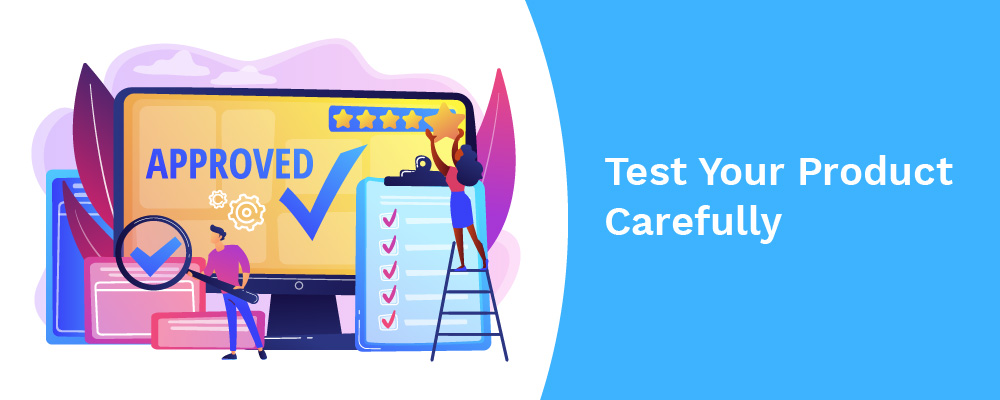
Cloud-based app development should include a testing stage. Before a product launch, your development team has to test it to find any bugs. Here you'll verify that your app is working properly and render a satisfying user experience. It's best to coordinate with a full-cycle app development company to do it the best.
Full-cycle development companies provide development, design, management, and testing services. Communication is overly simplified with one team working on your project from start to end.
Step 8: Publish The App & Keep It Updated
You can launch your app on the Play Store and App Store. Google Play uses automatic testing to accelerate the app store approval process. But if Google disapproves of your app, it can be tough to find out why.
The App Store allocated app verification to genuine people. If validators reject your app, they'll ask you to make certain changes.
The Cost To Develop A Cloud-based App
The cost of building a cloud-based mobile app is based on the factors below:
- Product features
- Product design
- Tech Stack
- Time frame
- No. of team members on the project
- Project size & complexity
- Hourly rate of your development team
The most significant factor on which your app development cost depends is your location. The location has a substantial impact on the cost of your app.
Final Words
Building a cloud-based mobile app is time-taking and challenging. However, if done rightly, your app can become a huge success and add meaning to the user's life. It is essential to follow the process correctly, as mentioned above, to get successful outcomes. If you are still thinking about developing a cloud-based app or not, you have to stop thinking and contact app and software development companies right away.
